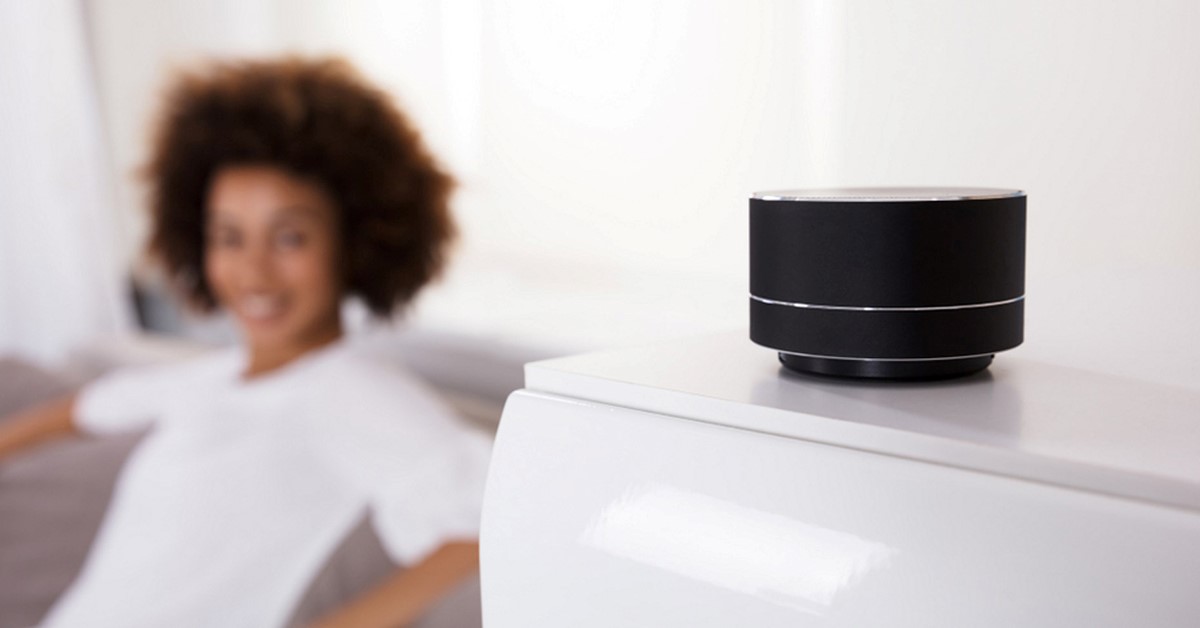Why Voice Is The Future of Student Experience?
“88% of online consumers are less likely to return to a site after a bad experience” and “75% of consumers admit to making judgements on a company’s credibility based on the website design” – and this is just to introduce you to the importance of user experience. We are living in the world of on-demand economy and where users have zero patience for the websites which take more than 5 seconds to load; companies surely need to step up when it comes to gaining user attention.
From using old mobile keypads to using touchscreens, user interfaces have seen a lot of advancements in past years. Touchscreens surely revolutionized the way we interact and communicate via mobile phones today. Now the question that crosses my mind after looking at today’s scenario is; what’s next?
Siri by Apple, Google’s Assistant, Alexa by Amazon, Microsoft’s Cortana have changed the way people live today; be it using smartphones or living in a smart home. Big brands are investing massively in voice technology and the advent of the same is indeed something to watch out for. But can all industries benefit from this? How about higher education institutions? Will voice assistance help the faculty in the coming time or will it replace them? How will it transform the student experience?
We shall talk…
Voice Assistants In Higher Ed
Emergence of voice assistant devices like Google Home and Alexa Echo Dot has pushed institutions to incorporate these technologies in their classrooms. The potential of such assistance to faculty while teaching a lesson is way more than conventional ways of learning. But how?
“Voice is intuitive, and with improved accuracy and machine learning, can now deliver a more seamless smarter experience,” says Ida Siow, Head of Planning, Singapore & SEA at J. Walter Thompson.
An Engaging & Connected Experience
With the inclusion of voice technology in classrooms, students are likely to be more engaged. Who wants to go through the history notes and learn by reading, when you can talk to someone and explore the whole era, right?
Each classroom can also include microphones in classrooms, which could be helpful in recognizing students’ voices and differentiate between their questions and commands. A properly connected learning application could send appropriate responses to the students. Students could wear headphones and get connected to the voice assistant. The possibilities are limitless, we just need to explore!
Helping Students with Disabilities
With the help of voice tech in classrooms, students with disabilities like motor disability can utilize speech dictation instead of writing or typing. Similarly, students going through dyslexia can leverage voice technology to assist them with reading aloud and fixing grammatical errors quickly.
Speech dictation isn’t new to students with disabilities like dyslexia, however, with the influx of voice technology tools, the education system can become more advanced and help students by providing them with better user experience.
Languages & Real-time Evaluations
Often times, it is difficult to learn a foreign language without being able to participate in the native environment immensely. Not all students can travel to China to learn Mandarin. However, that holds big importance when it comes to language fluency and speaking with a similar accent. One can overcome this barrier by including voice technology in the curriculum, so that, student’s pronunciation, fluency, and grammar could be evaluated in real time.
Would It Replace Faculty In The Future?
No! It will not replace faculty, however, would help them at work and amplify productivity. Voice technology can help teachers with a plethora of data to help students solve different problems. Also, the human touch cannot be replaced by a voice assistant; teachers are required to provide the students with one-on-one personal assistance.

The Bottom Line Is
In the times to come, we are sure to see voice assistants becoming a big part of the education system and I am sure you all will agree to that. However, how far the higher ed is going to accept it is something we all shall wait and see. Having said that, amidst of classrooms getting modern and institutions leveraging every possible technology to enhance the learning experience, I am excited to see how voice technology unfolds in the higher ed space, are you?

